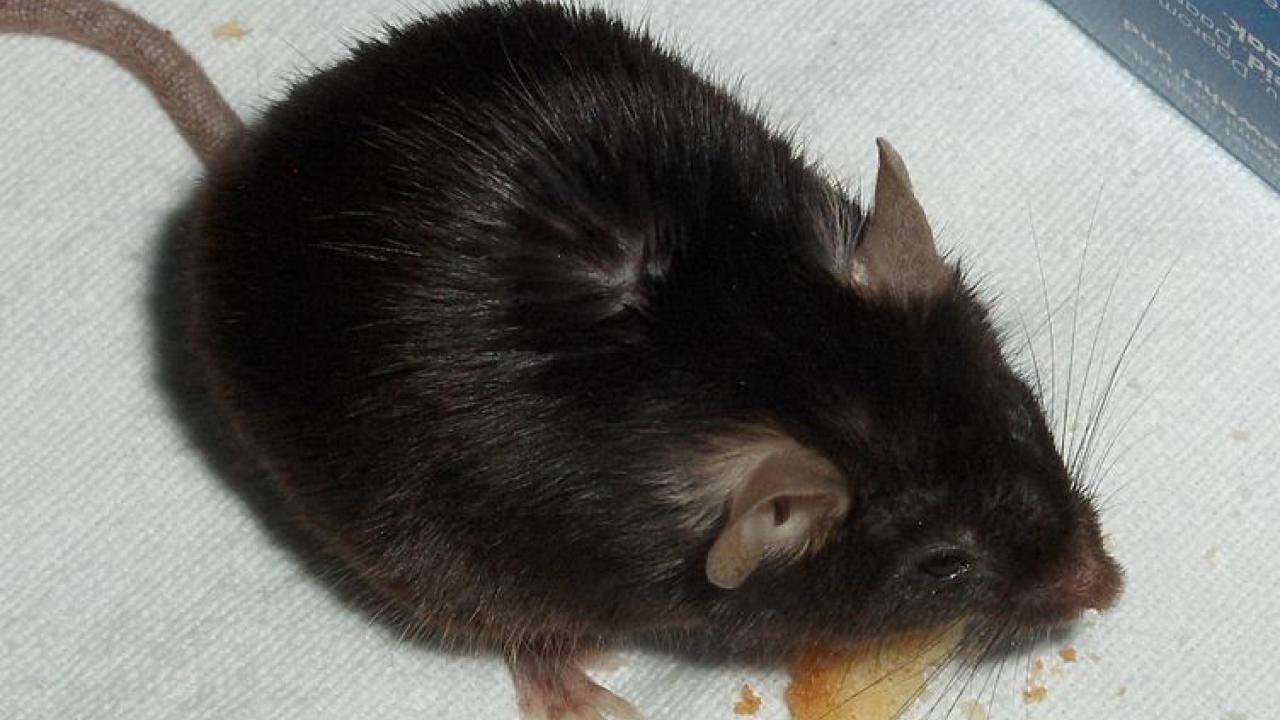
Understanding Immunity to Chlamydia Opens Possibility of Vaccine
by Andy Fell, UC Davis News
Chlamydia is the most common sexually transmitted infection in the U.S. New work from the Center for Immunology and Infectious Diseases at UC Davis shows that it may be feasible to create a vaccine against the bacterial infection. The work is published this week in the Proceedings of the National Academy of Sciences.
Graduate student Jasmine Labuda, working with Professor Stephen McSorley and colleagues at the CIID, studied Chlamydia infections in female mice. After being infected with Chlamydia, immune cells called CD4+ T cells collect in the reproductive tract tissue. These cells did not migrate back into the blood circulation but stayed in place, like watchdogs left to guard against a future infection.
The researchers carried out experiments in which a Chlamydia-immune mouse was surgically connected for a time to a mice that had not been infected, then separated again. These mice were therefore exposed to circulating T-cells from immune mice, but did not have the clusters of T-cells in reproductive tissues. Despite this, they were still able to mount an effective immune response to fight off a Chlamydia infection in the genital tract.
The researchers were also able to immunize mice with Chlamydia in the nose and show that it protected them against a vaginal infection.
The thinking has been that resisting an infection at a mucosal surface required immune cells to already be in position there, McSorley said. That would make them difficult to vaccinate against, if the vaccine had to be given at the infection site.
“This might actually be true for some infections, but our paper shows that it’s definitely not true for Chlamydia,” he said. “Overall this is great news, because it means that it should be much easier to make a Chlamydia vaccine than the scientific community has anticipated.”
Additional authors on the paper are Oanh Pham, Claire Depew, Kevin Fong, Bokyung Lee and Jordan Rixon. The work was supported by grants from the NIAID (NIH). McSorley also has an appointment as Professor in the Department of Anatomy, Physiology and Cell Biology, UC Davis School of Veterinary Medicine.
More information
Circulating immunity protects the female reproductive tract from Chlamydia infection (PNAS)
